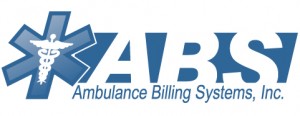Health Provision and Insurance
Health Provision and Insurance
As covered by ABS Inc last week, the United Kingdom has a very different approach to health care for the masses with an all inclusive service that is free at the point of delivery although private health care has been introduced and has a place in the health system overall. The NHS is at full stretch every year with resources and budgets despite every working man and woman making monthly tax contributions to pay for the service, whether they use it or not. This gives you some idea of the costs involved in maintaining a high level of health care to a countries citizens.
In the United States, a National Health system has not been embraced in full but we does have a system where citizens are subsidized to a greater or lesser extent, depending on their personal circumstances but this does not cover the Ambulance and Fire Services. These businesses need to take care of their own incoming finances for patient collection and delivery to hospitals these services do not come cheap to provide but of course many people do not or will not take this in to consideration yet there is an easy answer in the form of medical insurance.
For a relatively small sum, less than UK tax payer contributions, full medical insurance can be obtained that will include transport, an insurance that perhaps Ambulance and Fire services should promote to the full as in the long run the Ambulance Billing is made easier of a patient is fully covered. Chasing unpaid transportation bills is an expensive business and one of the reasons ambulance billing services are outsourced to third party companies such as ABS Inc. Companies that know how the system works and how to recover outstanding debts, with a very high degree of success.
Contact ABS Inc to discuss how we can help you and what options are available to make your ambulance or fire service more profitable and efficient.

